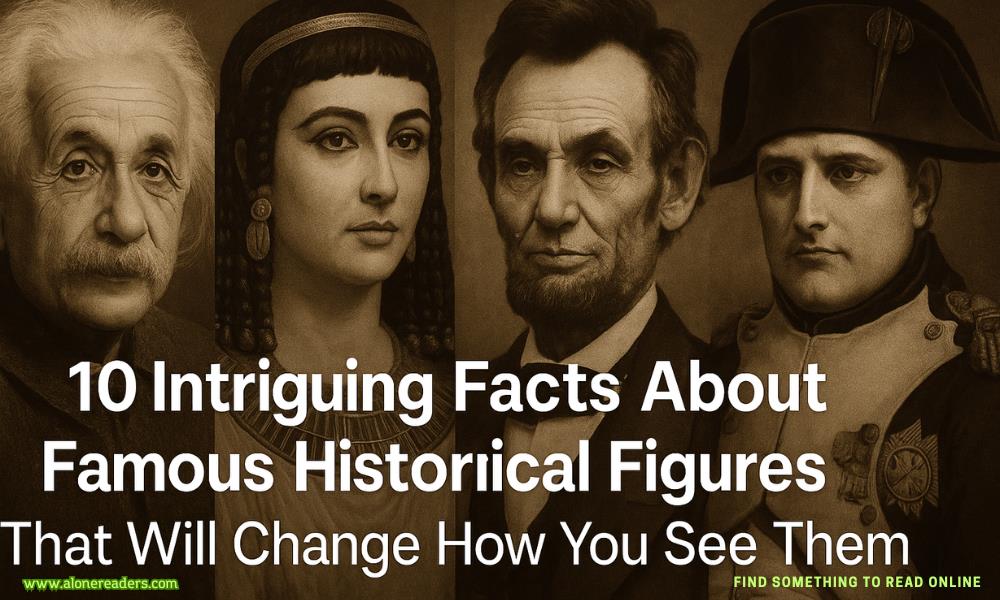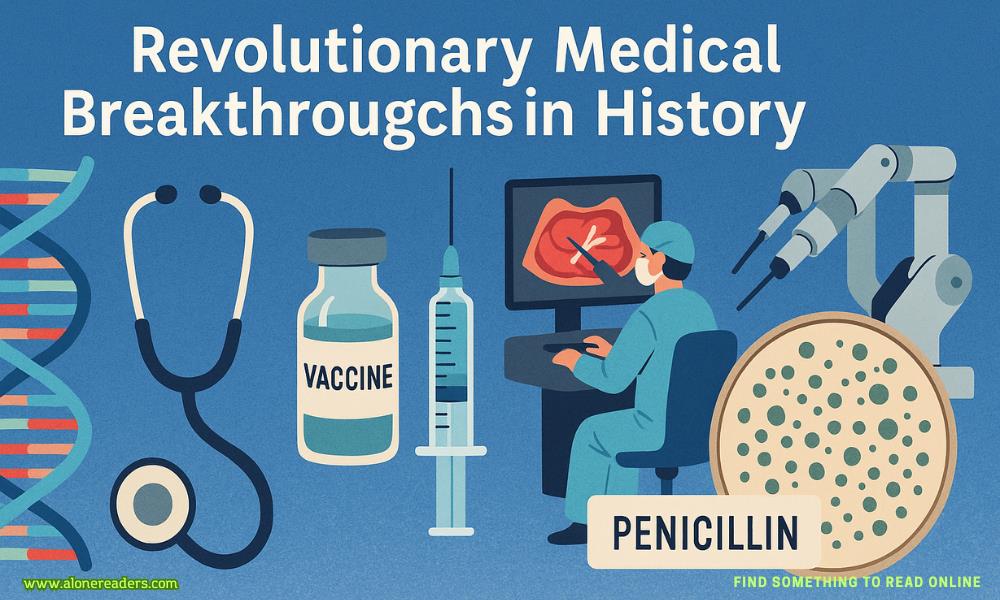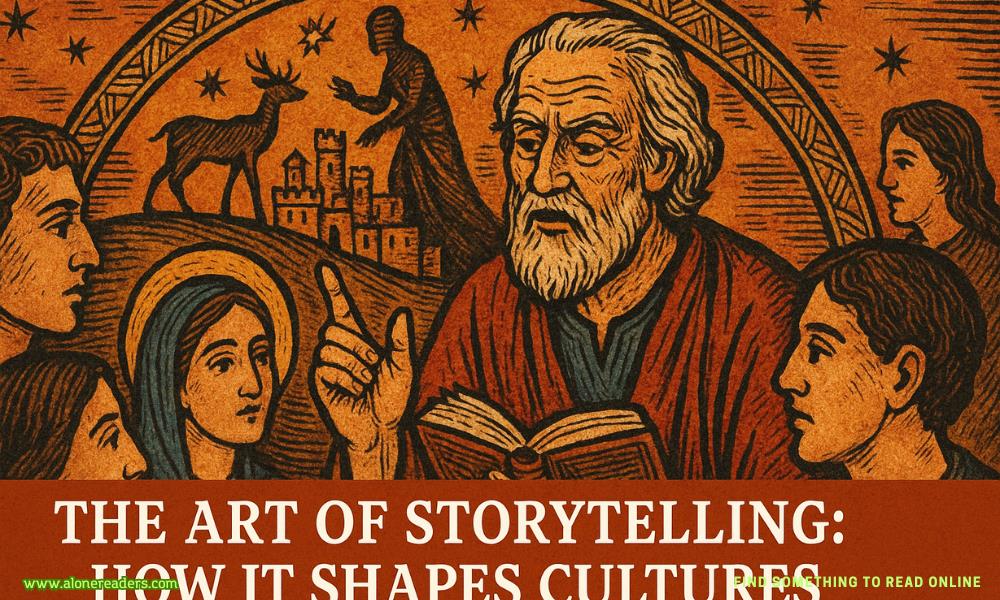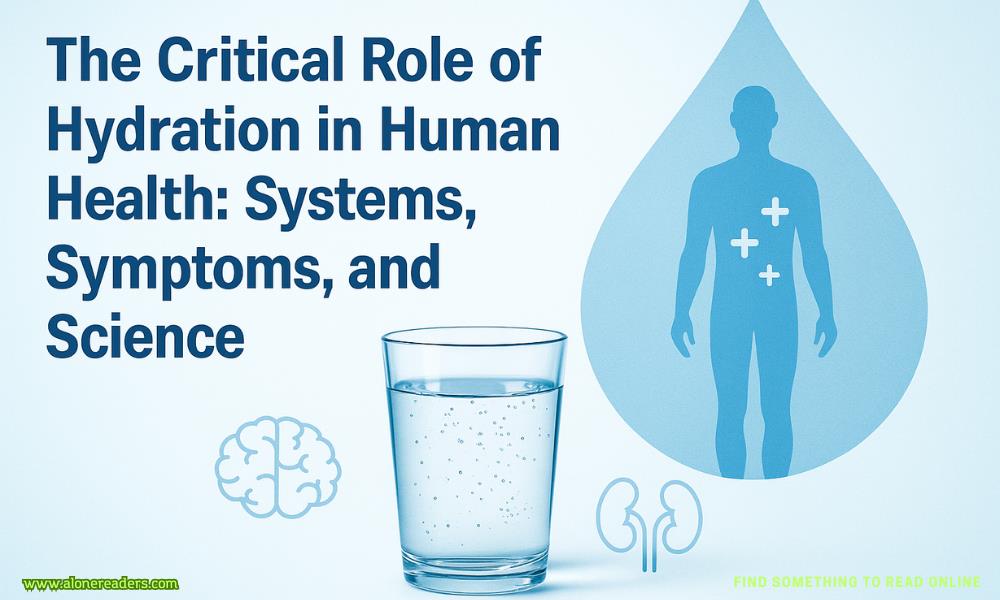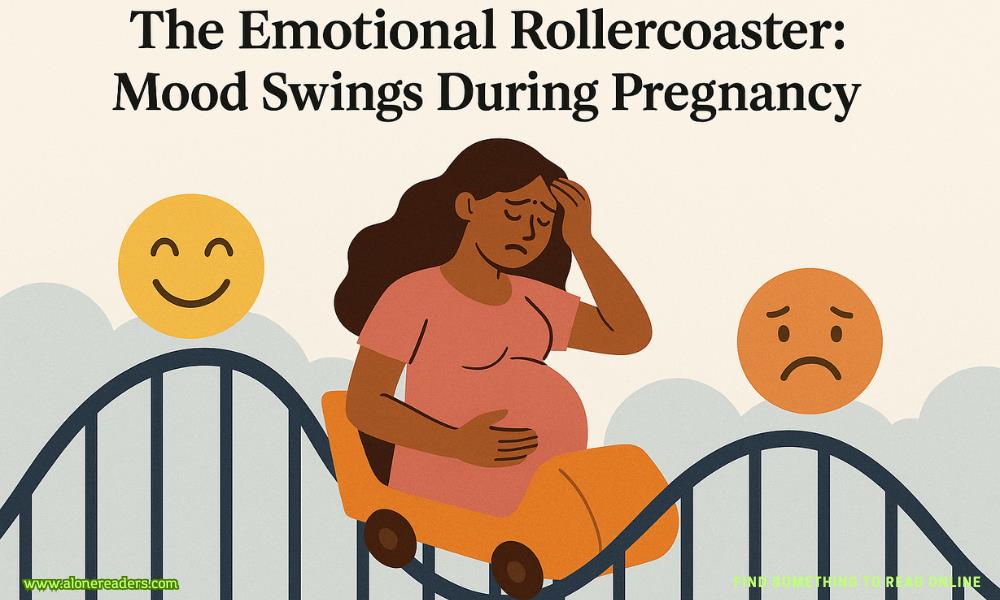Page 58 of Never Bound
“This is me looking out for you, Loulou. I know it doesn’t feel like it.”
“You know nothing,” I spat into my pillow.
“Don’t you understand? They were going to the police about you, and even if I could find the money to keep you off the auction block, which is no guarantee, they threatened to sue. A court case would destroy you publicly,” my father said. “They have no compassion, no remorse.”
“But they can’t prove that I did anything.”
“They can prove enough. And worse, they can suggest it. Don’t you see? It’s not about what you did or didn’t do. It’s what they can convince people you did. You could lose everything I know you’ve worked so hard for. I know the kinds of things they would say about you, sweetheart. Horrific, vile, disgusting things that would devastate you and devastate me to hear them.”
“They could take all your money,” I said, my voice flat. “That’s all you care about. It isn’t about me at all.”
“Being homeless and destitute with no way to support yourself? That isn’t about you?”
I could hear him coming closer.
“Those Egyptian cotton sheets you’ve been lying on for two days didn’t fall off a truck, Loulou. That computer, those clothes, that roof over your head—nothing comes cheap in this life. I thought I taught you better than that. Then again, I thought I taught you better than—” He stopped himself before he crossed the Rubicon. “Than lying to me. Than going behind my back, to do things the world would never forgive you for.”
“Things they’d never forgive me for, or things they’d never forgiveyoufor?” I asked him coldly.
That seemed to take him aback, and for the first time, I turned my head, still resting on the pillow, to gaze at him. I was calm, clear-visioned, though my eyes still felt heavy and leaden with tears, shed and unshed.
He looked exhausted, which was no surprise. But more than that, he looked … guilty? Devastated? Anxious? Confused? Like somebody who might listen to what I had to say, finally?
For the first time in a long while, I sat up. “He did it for me, Daddy.”
“Loulou—” He fumbled for words.
“To protect me. I know it, and deep down, you know it. So don’t you dare stand there and pretend you don’t.”
Something flickered like a lit match behind his eyes and then was gone.
“It doesn’t matter why he did it, Loulou. He’s a slave, so all that matters to the law is that he did it. And this isn’t about him. This is about you and my doing what’s best for you.”
“You don’t know what’s best for me!” I shouted, leaping up from the bed. “Did you ever even bother to ask me what I want? No, you didn’t. You never ask me what I want! Because if it isn’t a fucking prom dress or diamond earrings or a trip to St. Barts, you don’t care what I want! You just think it’s the same thing you want! Well, it isn’t!”
“Loulou, you’re only eighteen. I don’t think you know what you want, and I don’t think you can begin to comprehend what you’re up against. Now I’m asking you to please appreciate that I’ve been in this world thirty years longer than you have and that I know how it works.”
“The only reason it works like this is because you allow it.” My voice was icy, precise.
“Loulou, if you’d just listen—”
“No, Daddy. No. Listen to me.” My heart was racing, the adrenaline coursing now. I’d never spoken to my father like this, ever. I’d never had to. We’d always seen eye to eye, mostly. The good daughter and her doting father. Simple, and now not. “A man risked everything to protect me, your only daughter, and in return, you’ve condemned him to torture and death. No, don’t delude yourself. You aren’t doing this for me. I don’t need it. I don’t need anything from you. He taught me—well, he taught me so many things, but above all, he taught me that I’m stronger than you think. And that I can handle so much more than anyone thinks. And whatever I have to endure—imprisonment, slavery, the worst slander and disgrace, no matter how awful, how vile—isn’t worth a good man’s life.” My voice was calm, crystalline, almost oracular in its precision. “You’re wrong, Daddy. It may take a hundred years, or it may take a thousand, but when the coming generations look back on us, you’re the one who won’t be forgiven. Not by the world and certainly never by me.”
I’d grown up without religion, like most people these days, but I’d read the Bible as I eagerly read everything. And I had been not only astonished to find that I believed in God after all—not that God, per se, butagod—but that there were things in that book that were beautiful, things that people had taken comfort in for millennia for good reason, and that shouldn’t have ever been abandoned or lost. And I thought of it now, of the Book of Isaiah, which talked of wolves lying down with lambs, babies, and snakes sleeping peacefully beside each other, and of a little child who shall lead them. At the time, I could almost believe all of it, except for that. The child I had been couldn’t imagine leading. Wanting for nothing, there was nothing and no one to lead, no cause to fight for.
“Loulou.” He cleared his throat.
I turned away. “Leave me alone.”
“I didn’t.” The words, vague as they were, stopped me cold.
“You didn’t what?” I whipped my head back.
“I couldn’t—” He took a deep breath and I waited, heart hammering. “I didn’t send him to the mines.”
My pulse pounded in my ears. Auctioned, then. To a farm? A factory? A testing lab? Some other abominable house of horrors? “Then is he—”
My father’s face had changed. Before, he’d been exhausted, a slumped, spent shell of a man. Now he looked pained; his face contorted as if this admission felt just short of a cardiac event. “I haven’t auctioned him, either. I’ve sent him—somewhere where he won’t be hurt. And Loulou?” He sighed. “I don’t expect you to ever forgive me.” He turned to go.
- The Billionaire's Obsession by Emma Bray
- Mischievous Lies by T.L. Smith
- House of Soot by Ajme Williams
- Orphan Girl's Mountain Men by Daisy Summers
- The Russian Retribution by Ava Gray
- Gash by Sam Crescent
- A Mate Betrayed by Beth D. Carter
- Mafia Boss's Fake Wife by Vivy Skys
- Innocently Captured By the Bratva by Isla Brooks
- Jaxon by Winter Sloane
- Heal Me by Ella Jacobs
- Kissing the Villain by Jillian Frost
- Vengeful Embers by Kat Steele
- The Bratva's Weakness by Cassi Hart
- Tall, Dark, & Ginger by Mia Monroe
- One of Them by Lina Beck
